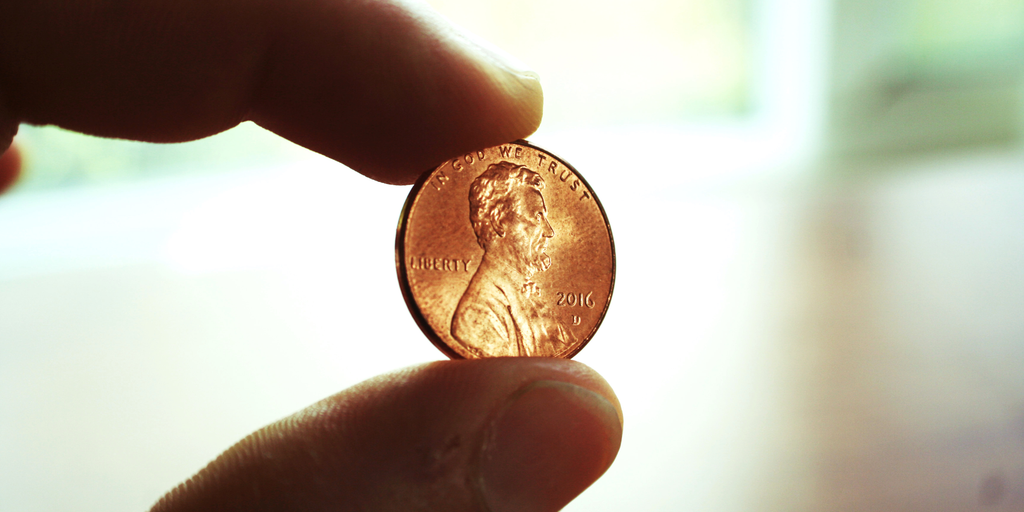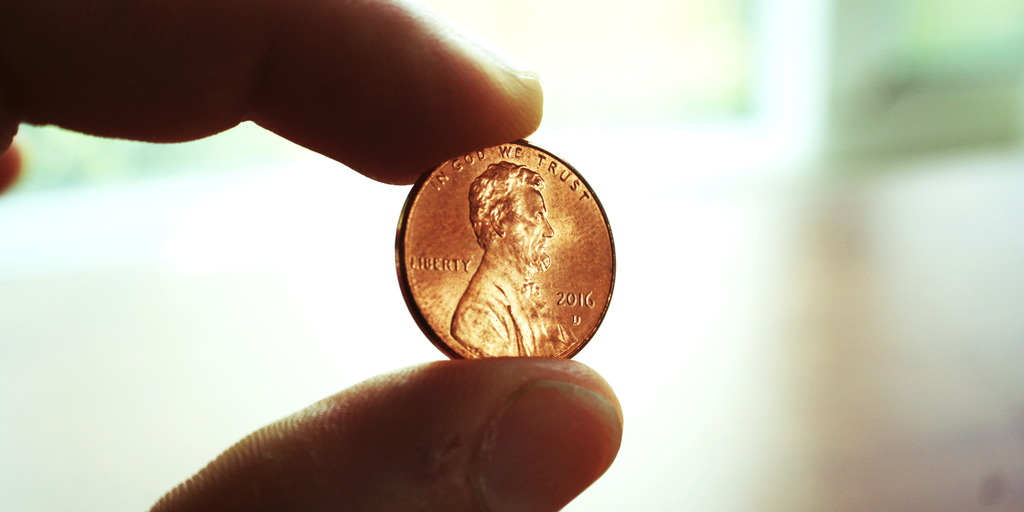
For the overwhelming majority of NFTs, the brutal bear market of the last two years wasn’t just a phase: Some 90-95% of NFT collections will never return to pre-bear market valuations, DappRadar Head of Research Pedro Herrera recently told Decrypt.
For many NFT owners, then, the question of what to do with millions of now “worthless” JPEGs is looming large. One potential solution: embracing those losses head-on, and using them to save on taxes.
Unsellable, a startup founded last year that buys illiquid NFTs off weary holders at a penny apiece in order to allow those owners to take tax write-offs, claims that it has already helped customers declare a combined $4.2 million worth of realized losses.
Skyler Hallgren, Unsellable’s co-founder, thinks that sum is just the tip of the iceberg for a sector that’s collapsed by well over 90% in trading volume and activity since barely two years ago.
“There’s this massive amount—potentially a billion dollars—in locked up, unrealized losses downstream from the NFT bubble of 2021,” Hallgren told Decrypt. “We can actually do something about that.”
Unsellable claims that its average user has been able to write off $4,200 worth of losses on NFTs that have lost substantial value. Last year, one user of the platform—Platform Engineer Thomas Mancini of NFT portfolio app Floor—said that he wrote off nearly $58,000 in NFT losses with Unsellable’s help.
A handful of “blue chip” NFT collections like Bored Ape Yacht Club, CryptoPunks, and Pudgy Penguins have retained value during the ongoing crypto winter; Unsellable doesn’t touch those.
Instead, it curates a sort of graveyard for broken NFT toys: rug pulled projects, abandoned collections, and coattail-riding copycats (think: Jacked Ape Club, Wealthy Ape Social Club, IRL Punks, BoobBirds—plus wild cards like My Banana Fucko.)
All in all, the company has collected about 26,000 NFTs so far.
“Some of it’s weird, some of it’s grotesque, some of it’s funny; a very small percentage of it is aesthetically interesting,” Hallgren said. “Most of it is derivative projects.”
The company says that since it has no personal relationship with the NFT holders it purchases from. Because those holders have no expectation that they could buy back their NFTs at any point in the future, Unsellable says that the scheme is perfectly legal, akin to worthless stock buyback programs.
Unsellable charges a modest fee of about $2 worth of ETH for every NFT transfer. The company has managed to flip about 300 of the NFTs it has acquired, mostly for modest paydays in the range of $30 to $200. But sporadic NFT flipping isn’t the point of Unsellable, so its founders say.
“Our goal is, over time, to create the world’s largest collection of NFTs,” Hallgren said.
The entrepreneur is interested in one day selling the platform to a crypto tax firm or crypto tax software company; a few of which, he says, have already reached out about a potential acquisition.
As for the thousands of NFTs Unsellable already owns, he says a few parties have signaled interest in purchasing the collection. Some still harbor hopes that one of the thousands of dead or dying JPEGs might one day come alive again, and skyrocket in value.
Others, according to Hallgren, want to own the collection as a sort of museum piece—one that captures the incredible scale of speculative excess birthed at the NFT market’s height.
Edited by Andrew Hayward








